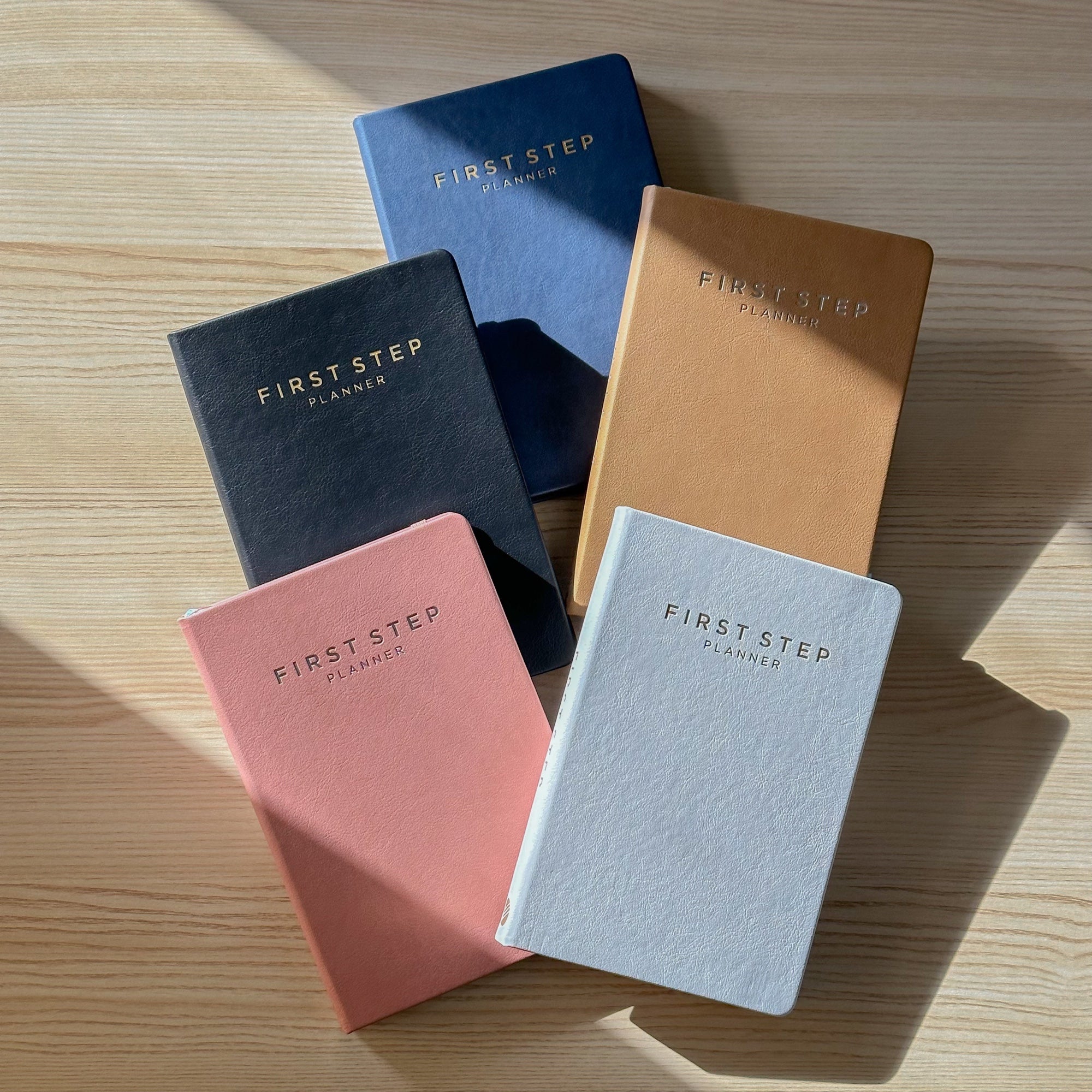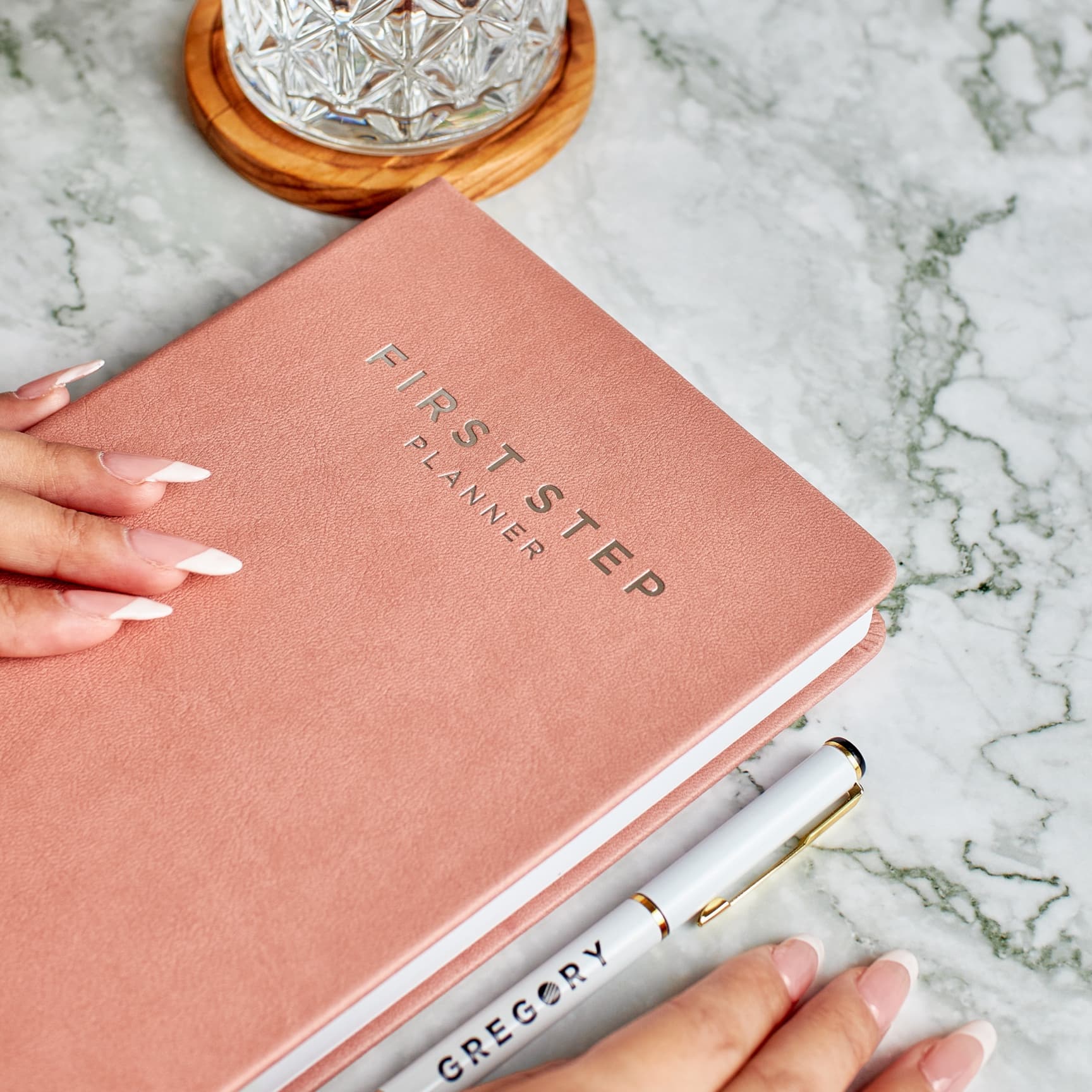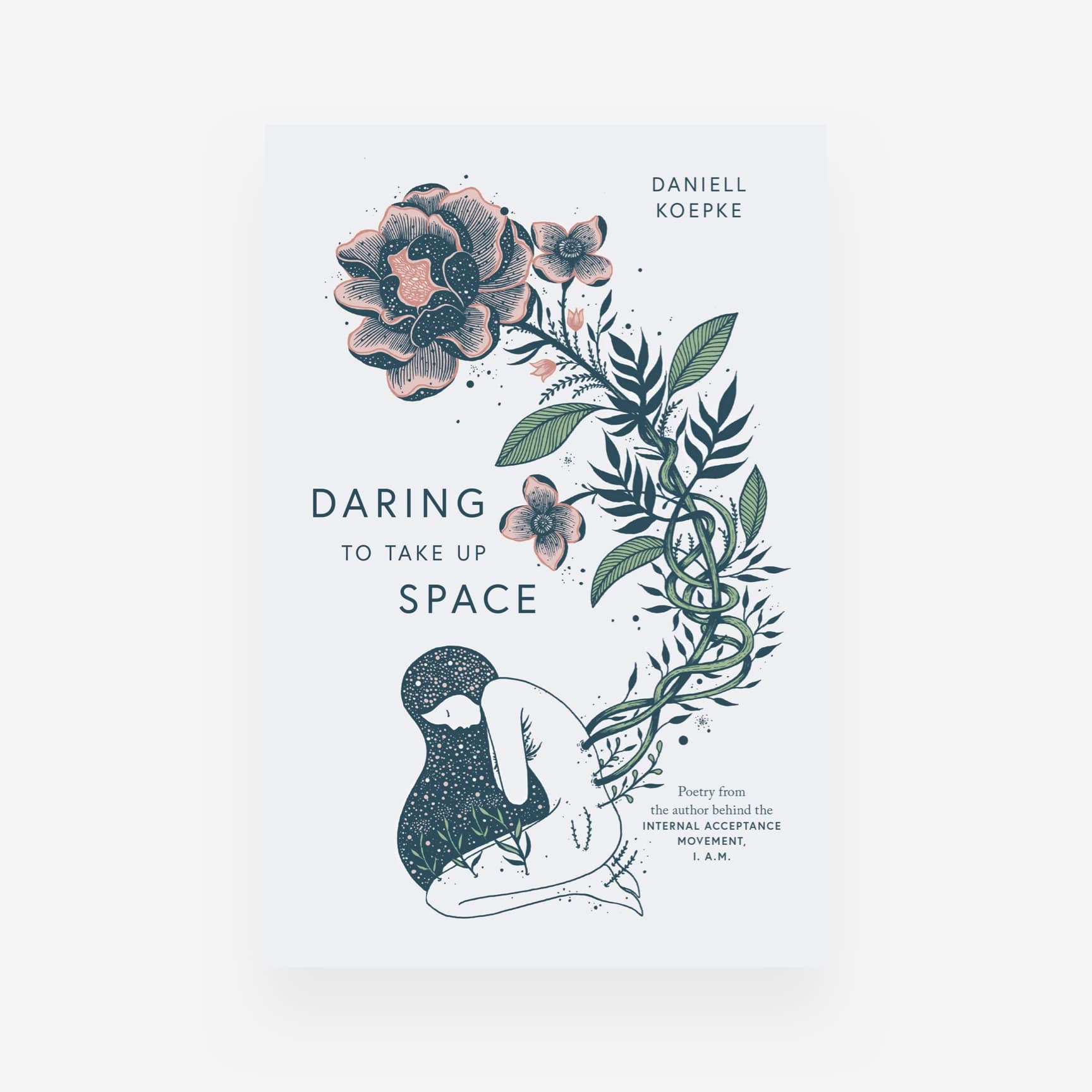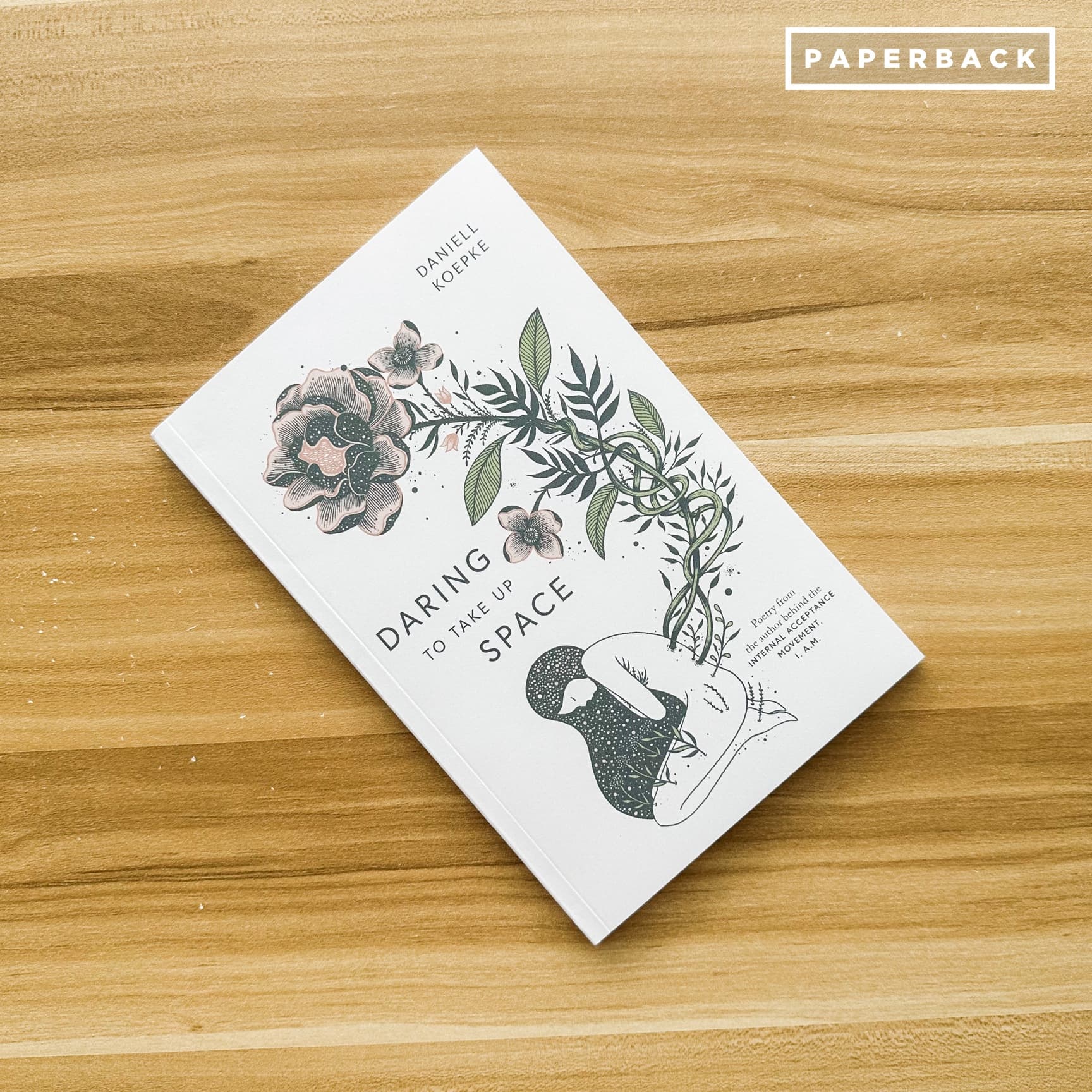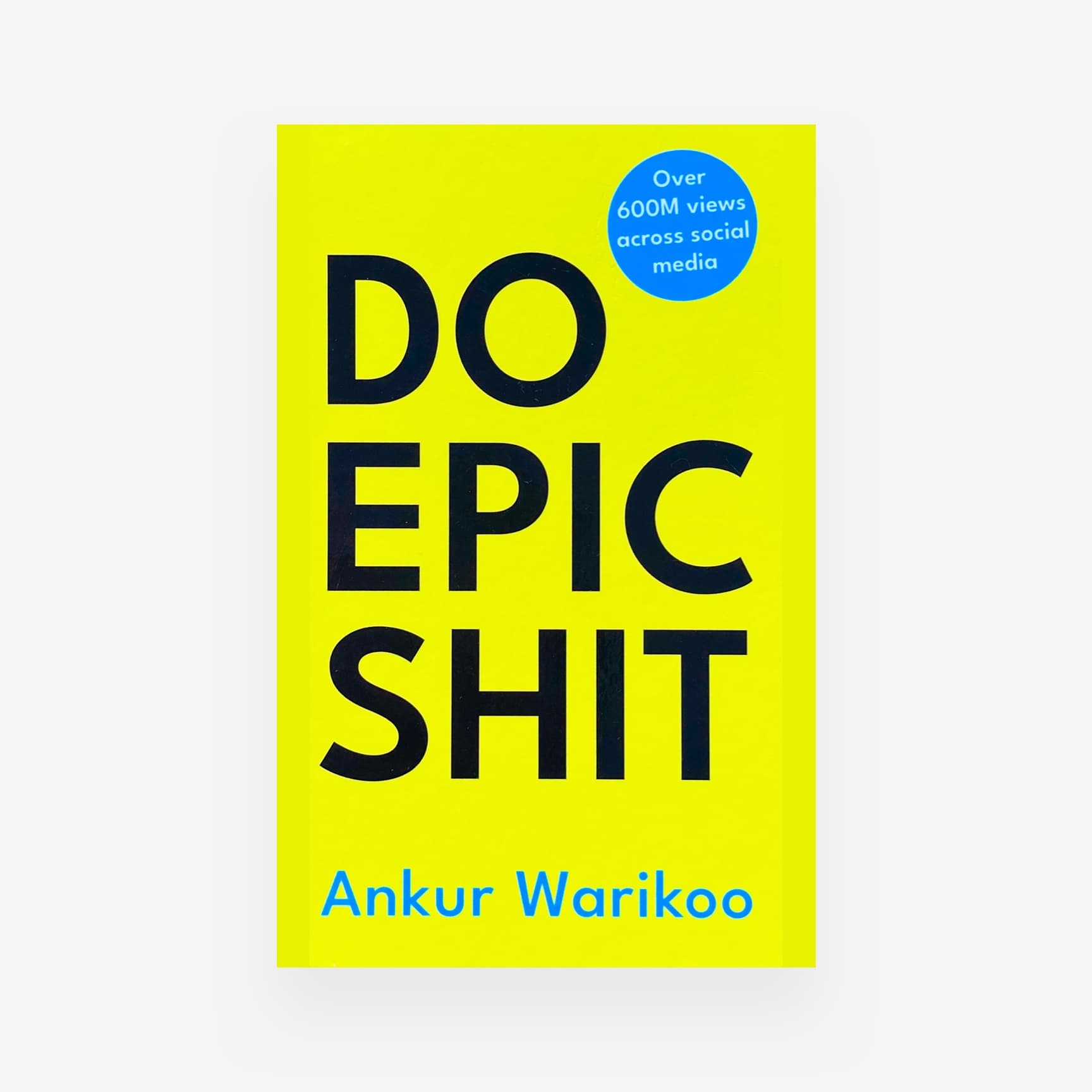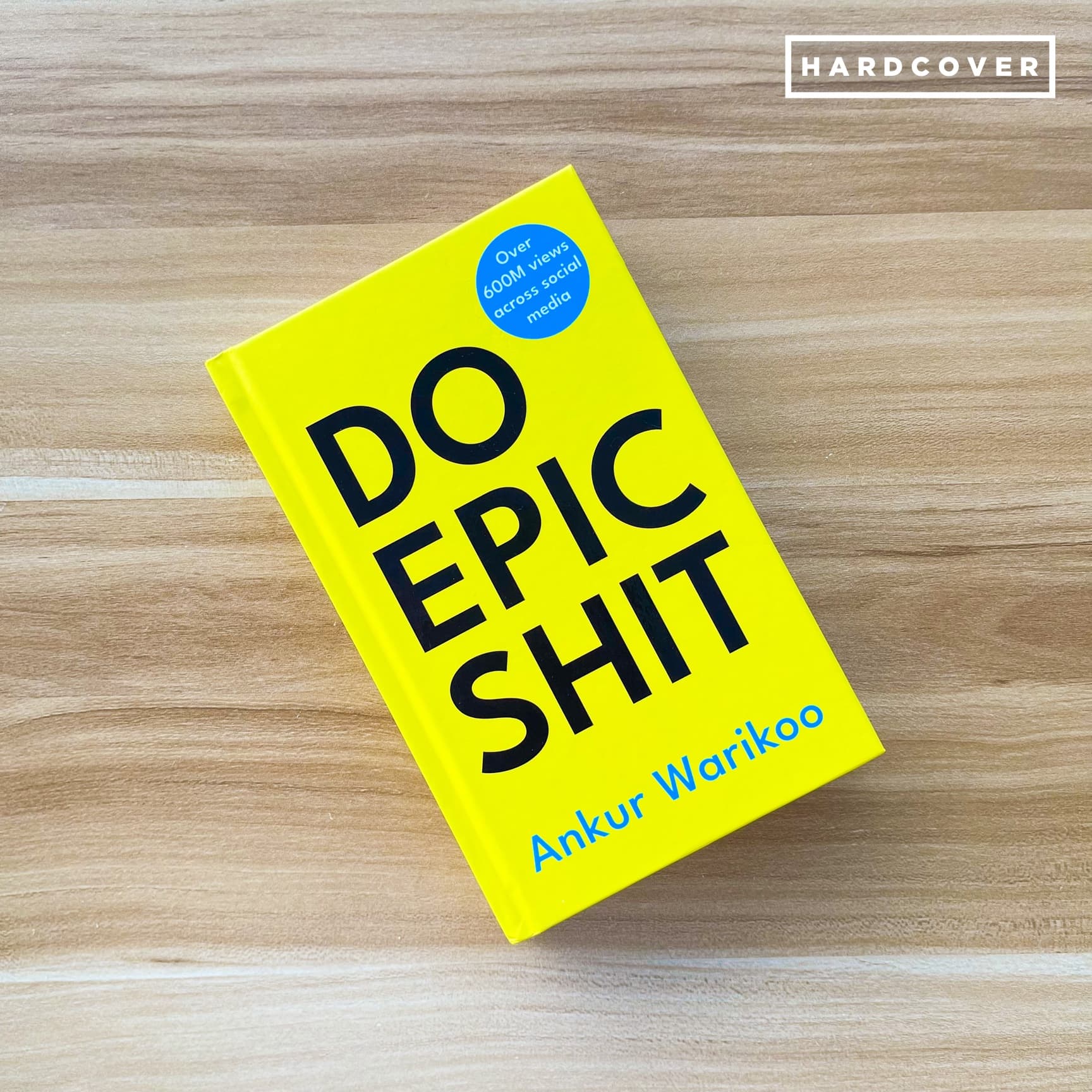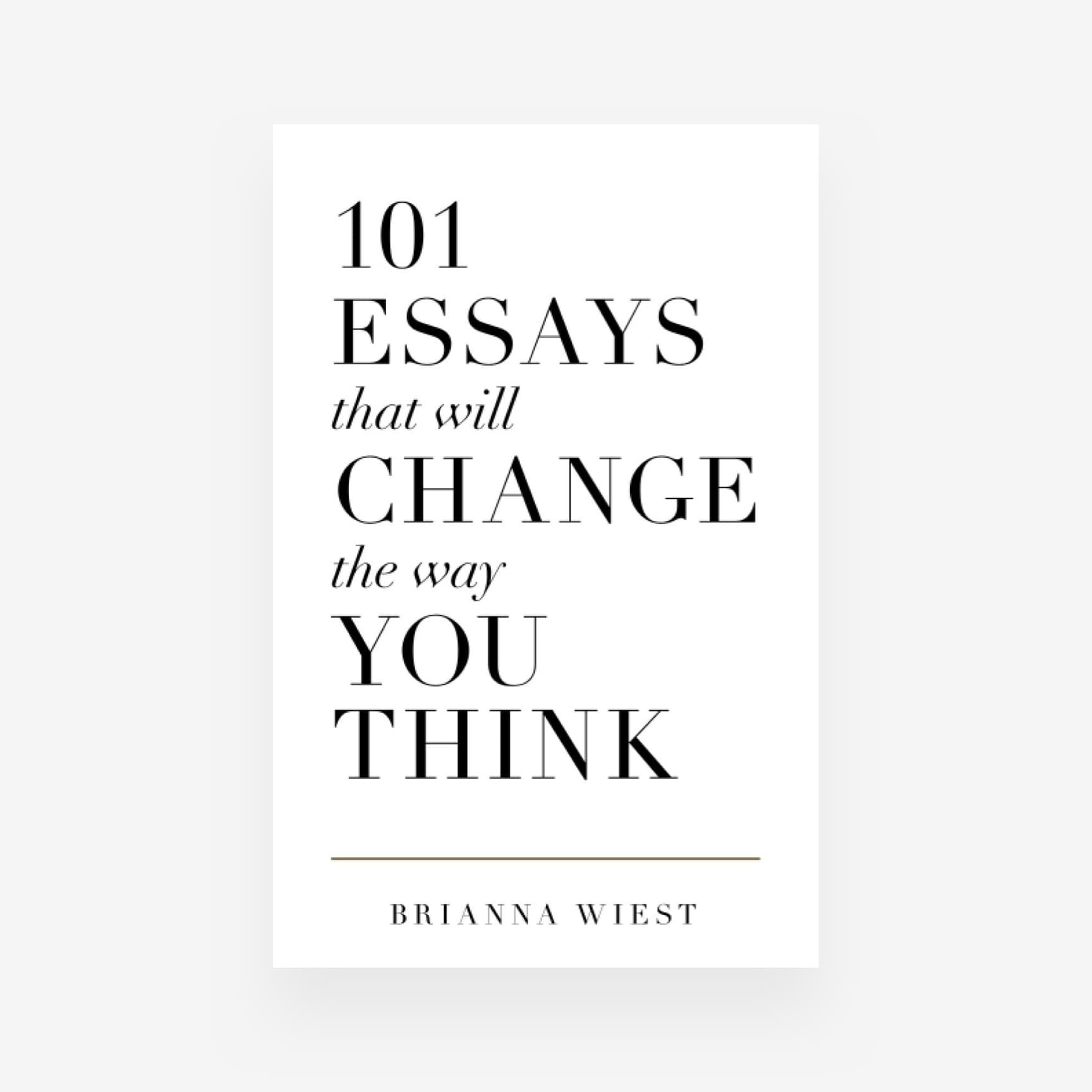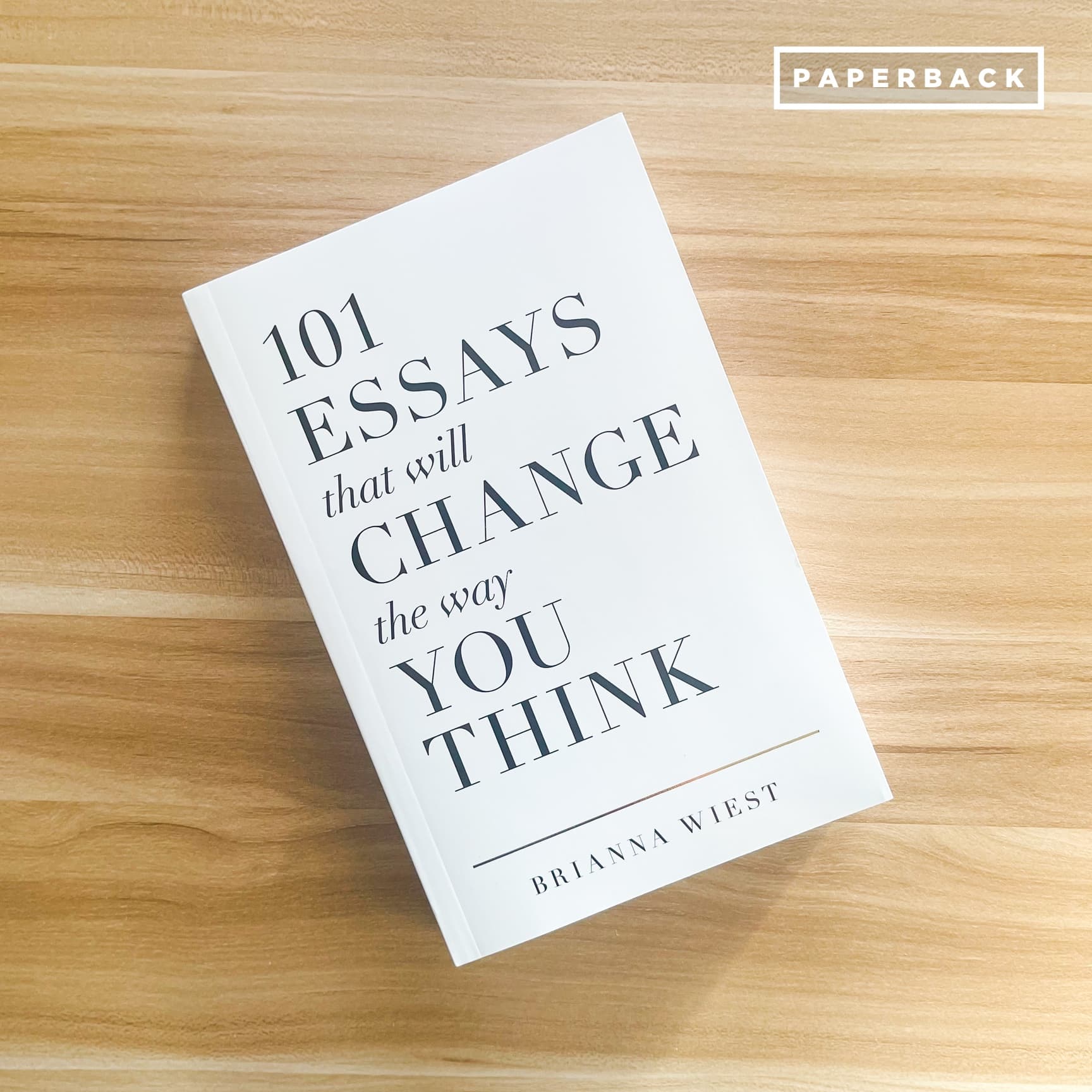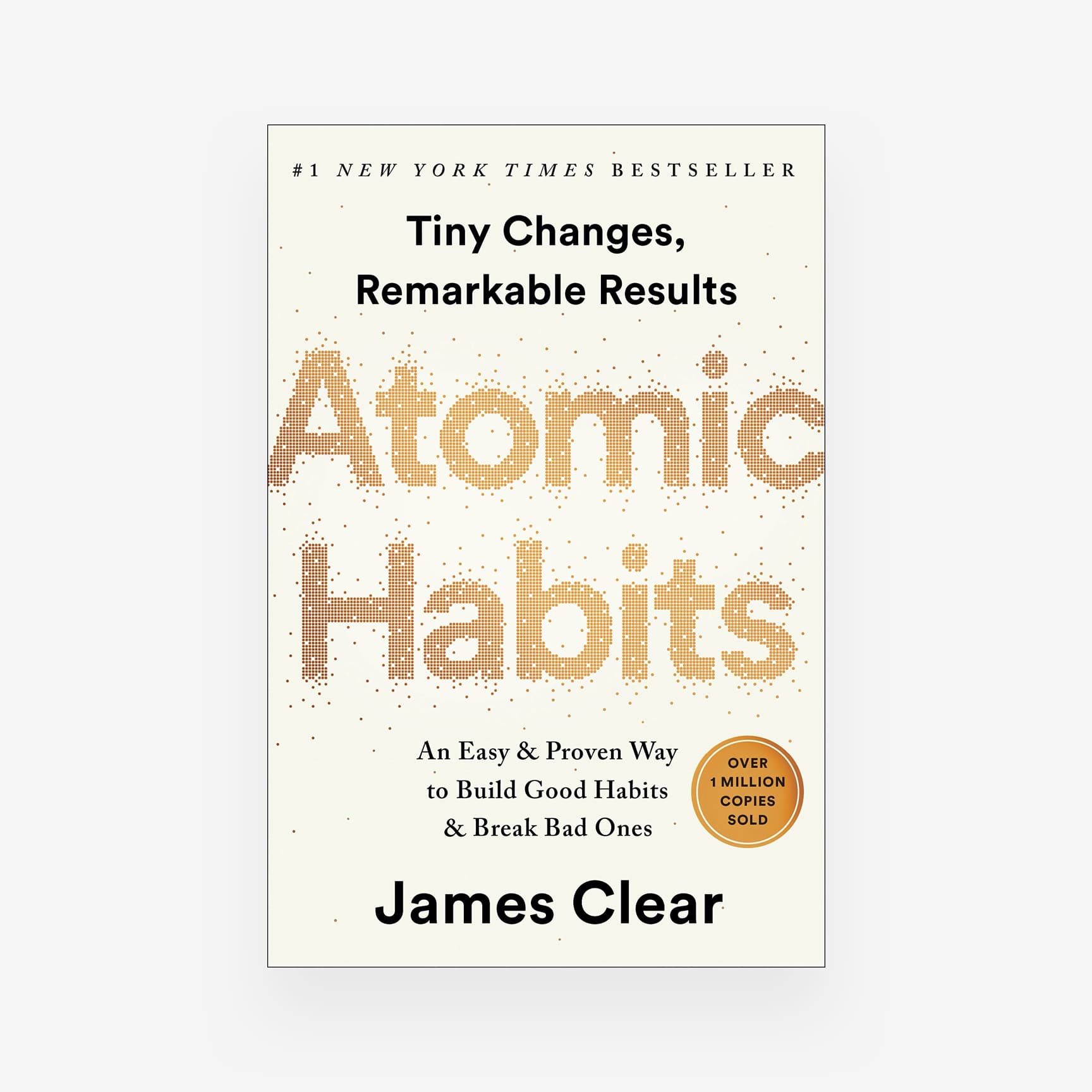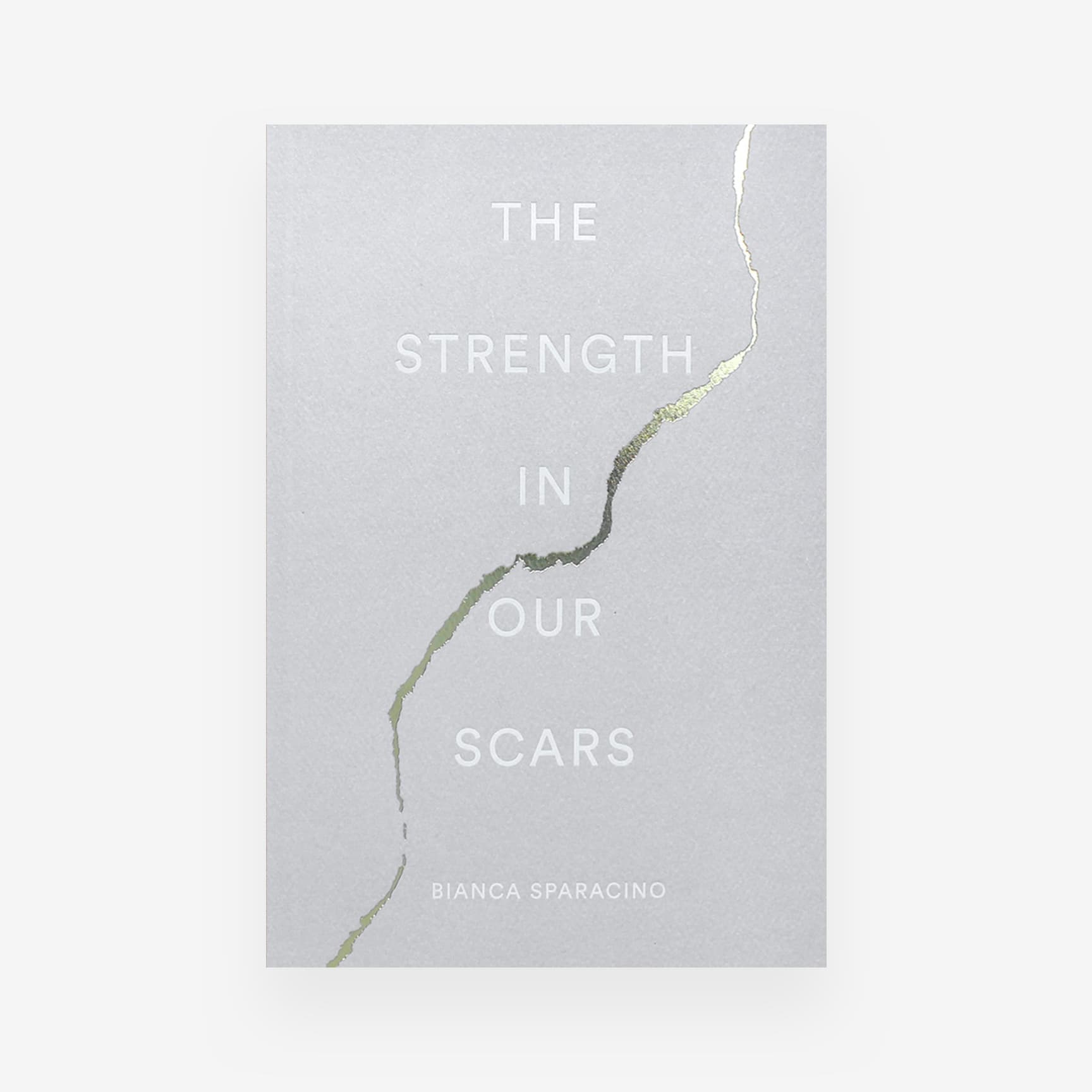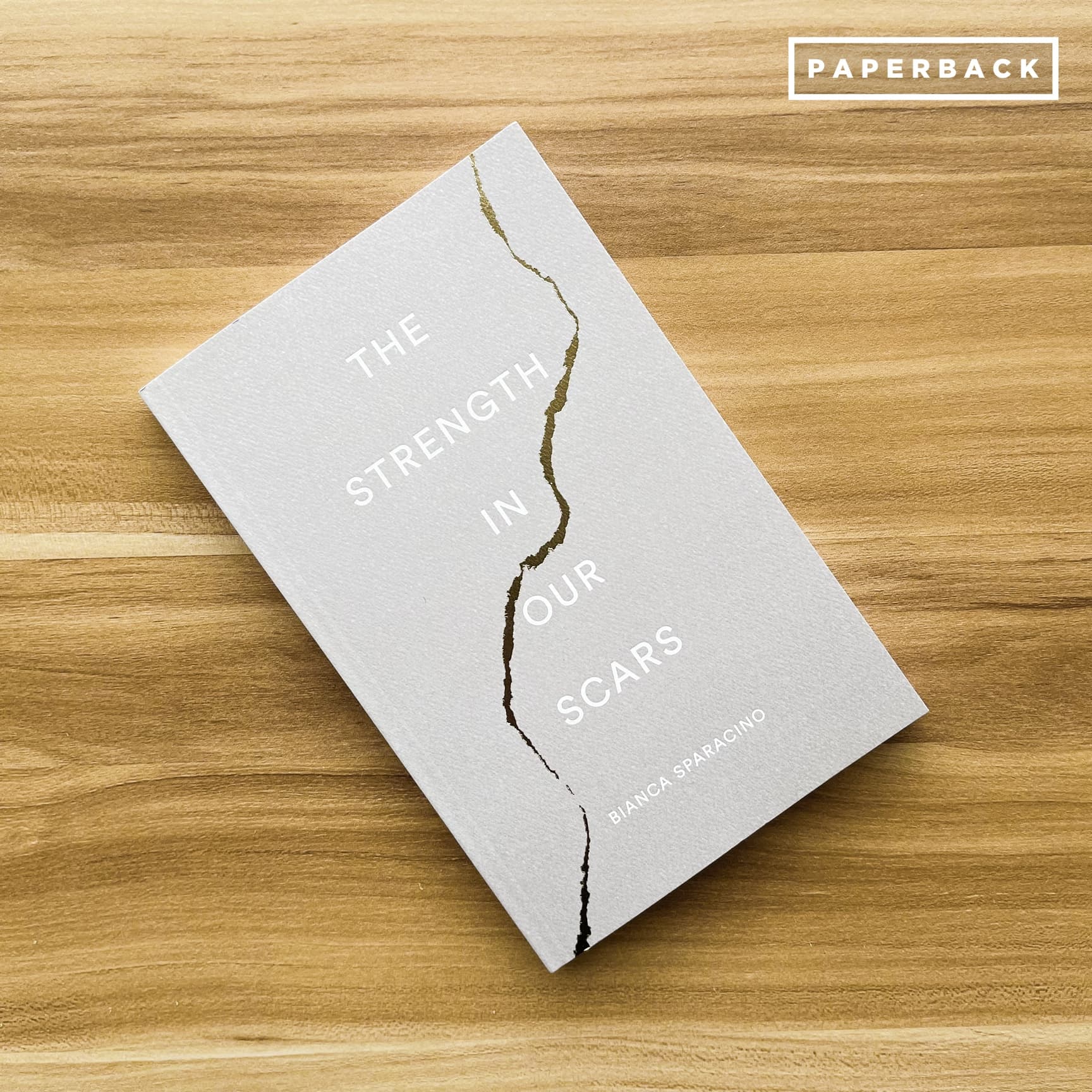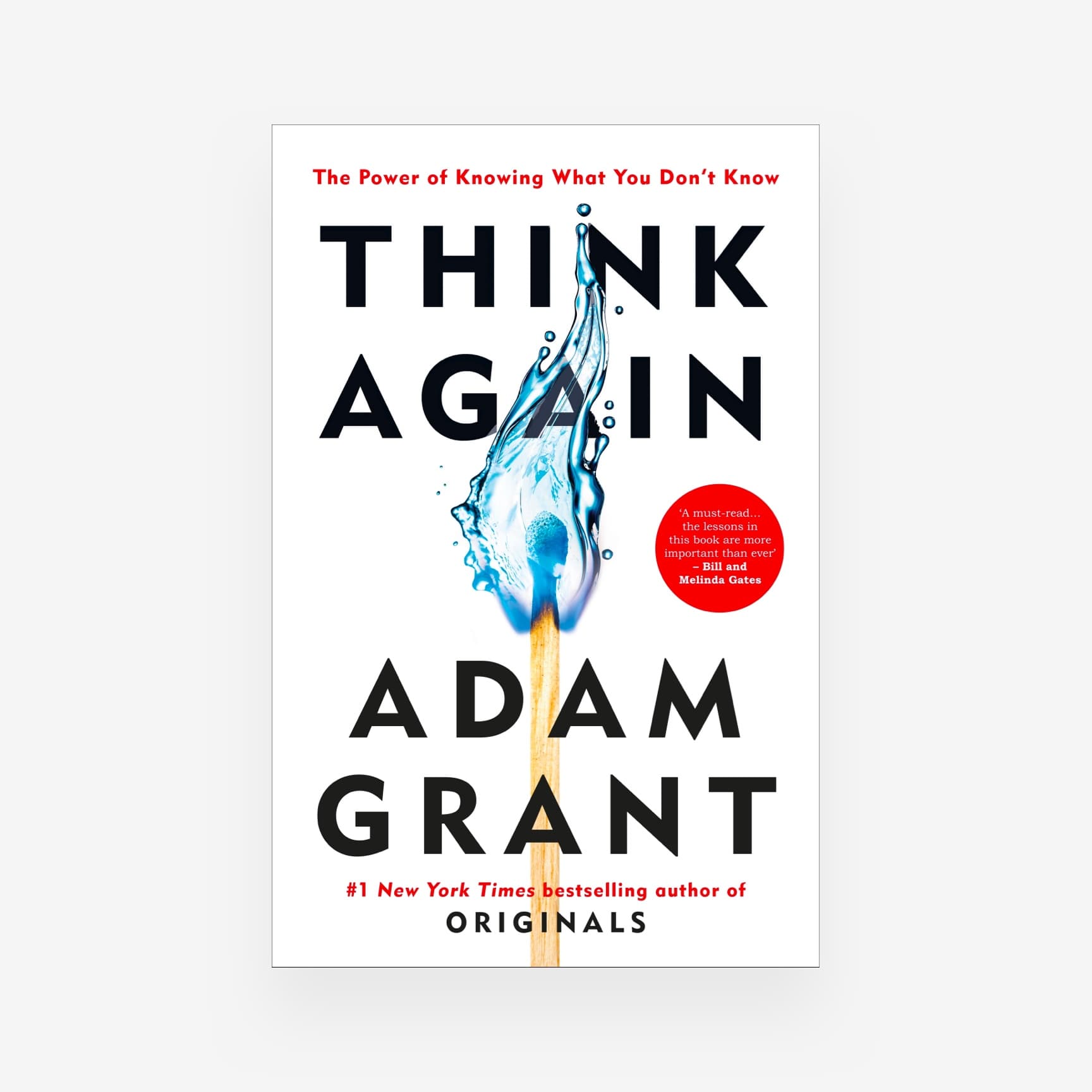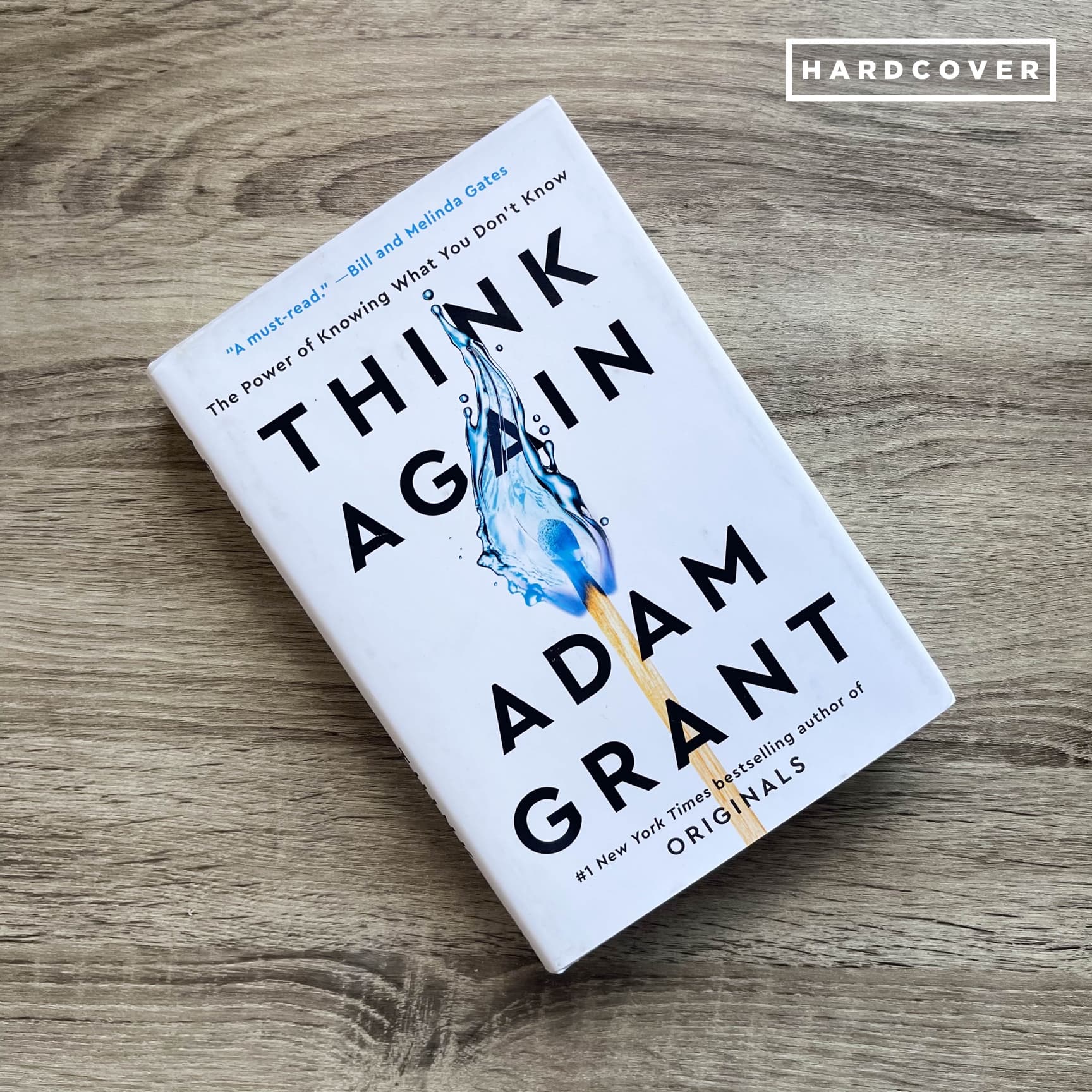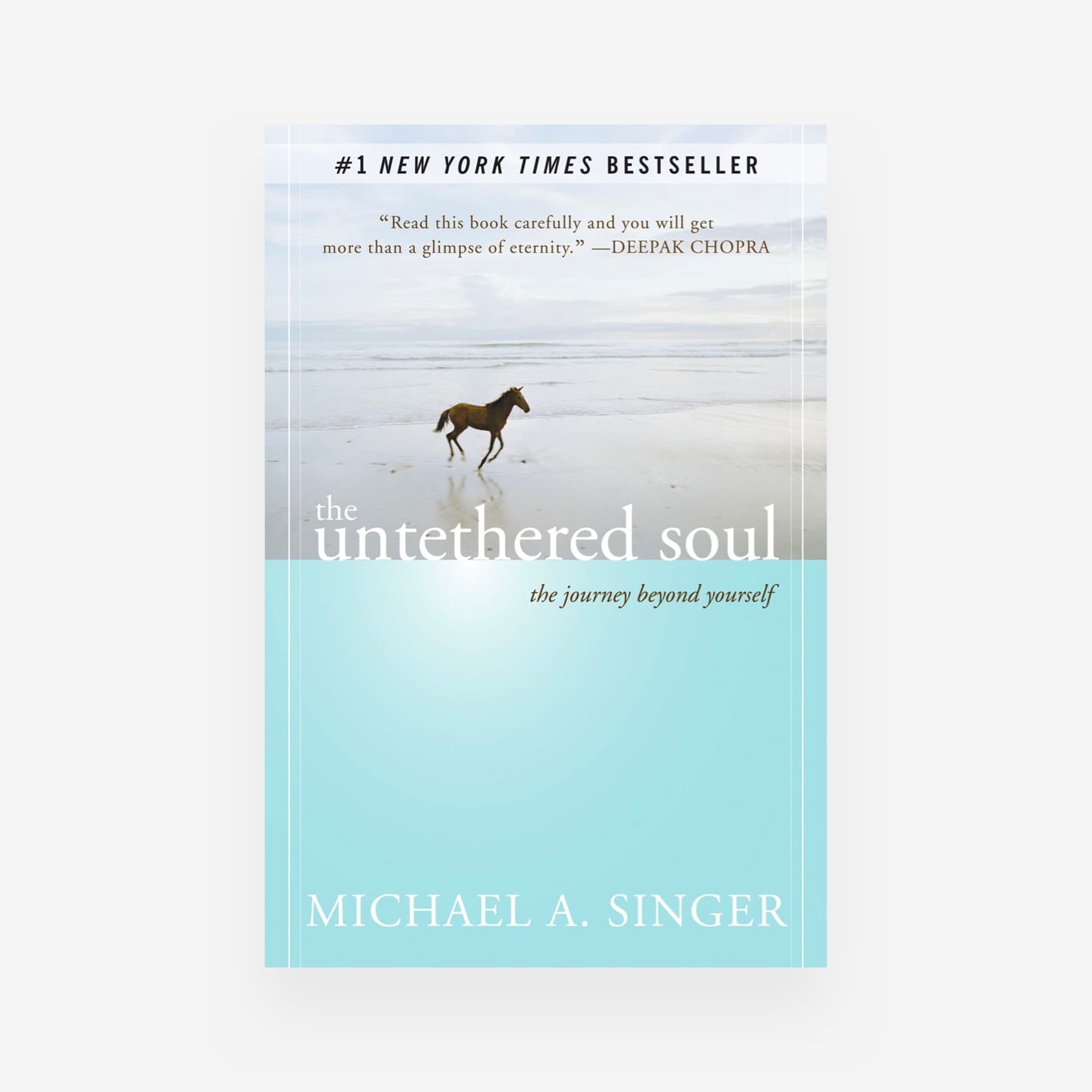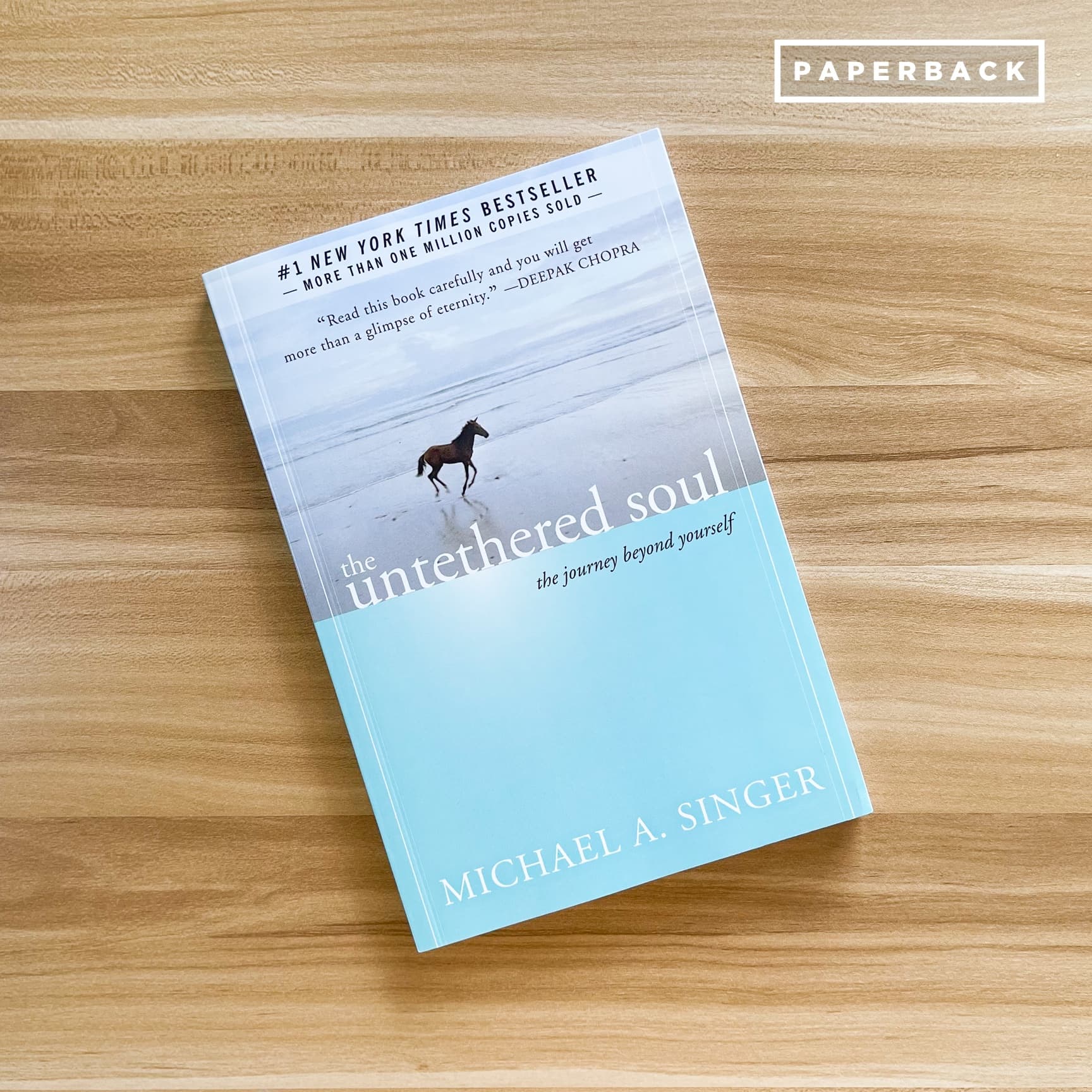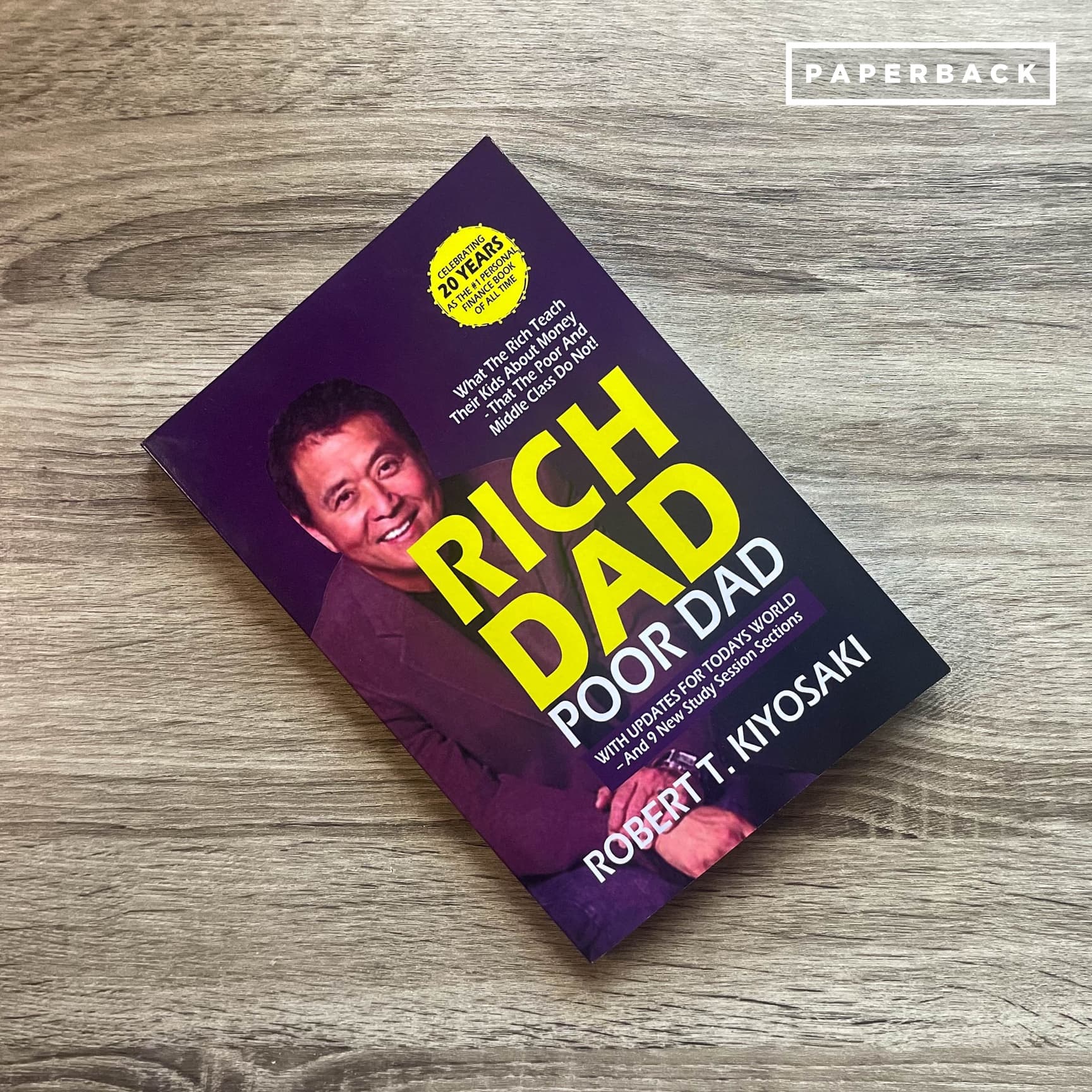Feeling overwhelmed by the countless planner options out there? You're not alone. With a dizzying array of digital and physical planners available, finding the perfect fit can be a daunting task, especially for beginners.
This comprehensive guide is here to help you navigate the world of planning and discover the ideal tool to boost your productivity, organization, and overall well-being. We'll explore different planner types, essential features, and popular systems to help you make an informed decision.
Whether you're a student juggling coursework, professional balancing work and personal life, or simply looking to streamline your daily routine, this blog post will provide valuable insights and practical tips to help you find your perfect planner match.

Photo from the wires
Why Use a Planner?
The benefits of incorporating a planner into your life extend far beyond mere organization. It’s a tool for personal growth, stress reduction, and overall well-being.
- Time Management Mastery: A planner is your timekeeper, helping you visualize your day, week, or month. By breaking down larger tasks into smaller, manageable steps, you can avoid procrastination and ensure deadlines are met.
- Stress Reduction Sanctuary: Feeling overwhelmed? A planner can be your go-to for decluttering your mind. By writing down your to-dos, appointments, and deadlines, you free up mental space to focus on the present moment.
- Productivity Powerhouse: Want to achieve more? A planner can be your secret weapon. By setting clear goals and tracking your progress, you can stay motivated and accountable.
- Focus Fortress: In today's world of distractions, maintaining focus can be challenging. A dedicated planning space can serve as an anchor, helping you stay on task and resist the urge to multitask.
- Organization Oasis: Ever felt like you're drowning in paperwork or digital clutter? A planner can be your organizational savior. Keep important documents, contact information, and project details in one central location.
What are the Types of Planners
The planner landscape is vast and varied, offering something for everyone. Let's delve deeper into the three primary types:
Digital Planners
Digital planners offer unparalleled flexibility and accessibility. They are perfect for tech-savvy individuals who prefer to keep everything in one place.
-
Pros:
- Customization: Create your planner to match your unique style and needs.
- Eco-friendly: Reduce paper waste by opting for a digital format.
- Accessibility: Access your planner anytime, anywhere with an internet connection.
- Cost-effective: Many digital planners are free or low-cost.
-
Cons:
- Device dependency: You need a smartphone, tablet, or computer to use it.
- Distractions: Digital devices can be tempting to use for non-planner purposes.
- Battery life: Relying on a battery can be inconvenient.
Physical Planners
For those who prefer a tangible planning experience, physical planners offer a sense of satisfaction and creativity.
-
Pros:
- Tactile experience: The act of writing on paper can be therapeutic and engaging.
- Customization: Decorate your planner with stickers, washi tape, and other embellishments.
- Creative outlet: Use your planner as a journal or sketchbook.
- Focus: Less likely to be distracted by notifications and emails.
-
Cons:
- Bulk: Physical planners can be bulky to carry around.
- Damage: Pages can be torn or stained.
- Limited space: You're restricted to the amount of space available in the planner.
Hybrid Planners
Combining the best of both worlds, hybrid planners offer a flexible approach to planning.
-
Pros:
- Flexibility: Adapt your planning method based on your needs and preferences.
- Backup: Digital backups ensure your plans are safe.
- Integration: Sync your digital and physical planners for seamless organization.
-
Cons:
- Coordination: Requires effort to keep both digital and physical components synchronized.
- Cost: Investing in both a digital and physical planner can be expensive.
How to Choose the Right Planner for You
Selecting the perfect planner is a personal journey. Consider these factors to guide your decision:
- Lifestyle Analysis: What is your daily routine like? Are you a student, professional, or stay-at-home parent?
- Goal Setting: What do you hope to achieve with your planner? Increased productivity, better time management, or stress reduction?
- Preference Profile: Do you prefer digital or physical? Minimalist or detailed?
- Budget Breakdown: Determine how much you're willing to invest in a planner.
- Learning Style Assessment: Are you a visual, auditory, or kinesthetic learner?
What to Look for in a Planner
A good planner offers more than just blank pages just like the First Step Planner. Look for these essential features:
- Daily, Weekly, or Monthly Views: Choose the format that aligns with your planning style.
- Note-Taking Nirvana: Ample space for jotting down ideas, lists, and reflections.
- Goal-Setting Grid: Dedicated sections to define and track your objectives.
- Habit Tracking Haven: Monitor your daily routines and progress towards building new habits.
- Budgeting Blueprint: Manage your finances effectively with dedicated budgeting pages.
- Contact Corral: Store important phone numbers, email addresses, and other contact information.
Popular Planner Systems
While countless planners exist, certain systems have gained widespread popularity:
- Bullet Journal: This customizable system empowers you to create a planner tailored to your exact needs.
- Hobonichi Planner: Renowned for its high-quality paper and unique features, this Japanese planner has a dedicated following.
- Erin Condren LifePlanner: Offering a wide range of customization options, this planner caters to various lifestyles.
- Kikki K: Known for its stylish and functional designs, Kikki K planners appeal to those seeking aesthetic appeal.
- Passion Planner: This planner is designed to help you focus on your goals and priorities.
6 Tips for Effective Planner Use
To maximize the benefits of your planner, follow these tips:
- Realistic Goal Setting: Avoid overwhelming yourself with too many tasks.
- Prioritization Power: Focus on the most important tasks first.
- Regular Review Ritual: Check your planner daily or weekly to stay on track.
- Flexibility Factor: Embrace changes to your plans as they arise.
- Experimentation Enthusiasm: Try different planning methods to find what works best.
- Personalization Passion: Add your unique touch to make your planner enjoyable.
Finding the perfect planner is a journey, not a destination. It's about discovering a tool that aligns with your unique lifestyle, goals, and preferences. By understanding the different types of planners, considering essential features, and exploring popular systems, you're well-equipped to make an informed choice.
Remember, the best planner is one that you'll consistently use. So, experiment, personalize, and most importantly, enjoy the process of organizing your life. With the right planner by your side, you'll be empowered to achieve your goals, reduce stress, and boost productivity.
You may want to check out similar blogs:
